So our TFS 2013 builds do everything correctly except report code coverage. I've seen similar questions here, e.g. TFS 2013 - No Code Coverage Results, but we've already tried the suggested fixes with no results.
UPDATE 1 — we've taken more steps to try to resolve this; here's the complete list:
- Ensured Visual Studio Ultimate was installed on the build server
- Tried setting the build definition's "CodeCoverageEnabled" to true as well as the "Code coverage is enabled" setting
- Ensured the build was using the Debug configuration and that PDBs were being generated for the DLLs to be tested
- Added a .runsettings file with the correct ModulePath included under <CodeCoverage> (verified in build log that the module path was being interpreted correctly; it would produce errors if we intentionally malformed it)
- Checked in .runsettings file
- Set build definition to "Custom" and pointed to .runsettings file
The build process itself works fine. We can get code coverage results when we build the project locally in the IDE. On the build server, both MSTest and NUnit test projects run fine, and we see pass/fail results as expected. The "No Code Coverage Results" message still plagues us though.
Update 2 -
Here is what we see in the run log:

Somebody suggested homegrown code-coverage calculator in https://stackoverflow.com/a/16198120/141508, but it'd be a crime to spend $150 bazillion-thousand dollars on TFS 2013 & VS Ultimate 2013 with MSDN and still not have this one basic function working.